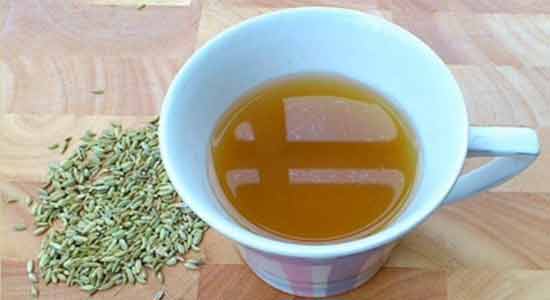
Alternative Healing Methods for Irregular Periods
The amount of blood, duration between each cycle and consistency of blood during your period varies from woman to woman. A typical menstrual cycle lasts anywhere between 21 and 35 days and the duration of menstrual bleeding is usually 2—7 days. Irregular periods involve significant variation in the duration of periods and the time between them as well as abnormal blood flow. Though most cases of irregular periods are caused by slight hormonal imbalances and are benign, there’s no point in adding unpredictability to the list of things to hate about your period. Not to mention, irregular periods are often caused by certain unhealthy lifestyle choices and, so working to fix them may enhance overall health. Here are some home remedies to tackle irregular periods
Meditation
When the body is under stress, the adrenal glands are made to secrete the steroid hormone cortisol. High levels of stress hormones in the body result in reduced production of the female sex hormone, estrogen which plays an important role in regulating a woman’s ovulation and menstruation. This is one of the body’s mechanisms of conserving energy and raw materials when it is stressed.
Thus, to restore the regularity of your periods, avoid severe stress conditions such as crash diet, extreme exercise and intense emotional events. Yoga, regular exercise and obtaining sufficient sleep are also excellent ways to combat stress.
Avoid Junk Food
Sugar, saturated fats and certain artificial additives, for example, can result in a condition known as adrenal fatigue, which causes elevated cortisol levels.
Maintain a Healthy Body Weight
Body fat is involved in estrogen production and, so very thin women, or those with eating disorders such as bulimia and anorexia are more likely to experience missed periods.
Avoid Carbonated Drinks and Caffeine
Women should limit caffeine especially around the time of menstruation. This is because caffeine constricts blood vessels, reducing uterine blood flow and a subsequent decrease in menstrual bleeding and a shortened cycle. Caffeine also causes tension and anxiety and exacerbates menstrual cramps and PMS symptoms.
Have a Balanced Exercise Routine
Too much and too little exercise can be problematic when it comes to balancing cortisol levels in the body. Over-exercising, in particular, can place unnecessary stress on the body. About 30-45 minutes of moderate exercise per day should be sufficient.
Eat Healthy
A healthy, balanced diet is essential to maintain a hormonal balance within the body. Dr. Axe recommends a diet that is rich in short, medium and long chain fatty acids, which are fundamental building blocks of hormones. Healthy sources of fats include coconut oil, seeds, nuts and certain fish, such as salmon.
A variety of foods/food combinations are recommended as natural solutions to irregular periods. Some popular ones among them are:
1. Turmeric

Dissolve ¼ teaspoon of turmeric powder in lukewarm milk and drink. Consume daily. Turmeric also possesses anti-spasmodic properties which help reduce cramping.
2. Fresh Ginger

Grate one whole ginger and combine it with a teaspoon of sugar or honey and one cup of water. Heat the mixture on the stove for about 5-10 minutes.
3. Fennel Seeds

Soak 2 tablespoons of fennel seeds in a glass of water overnight. Drink this solution after straining it. Consume this regularly. Fennel is believed to promote menstruation flow.
4. Papaya

Simply eat chopped papaya or drink fresh papaya juice.
5. Iron Rich Foods

As anemia (iron deficiency) is a common cause of irregular periods, especially in the subcontinent. Eat iron rich foods such as whole grain cereals, lentils, spinach and leafy green vegetables.
Contact your health care professional if irregular periods persist, even after trying the above home remedies for irregular periods. This could be indicative of larger underlying issues such as polycystic ovarian syndrome or thyroid problems.

